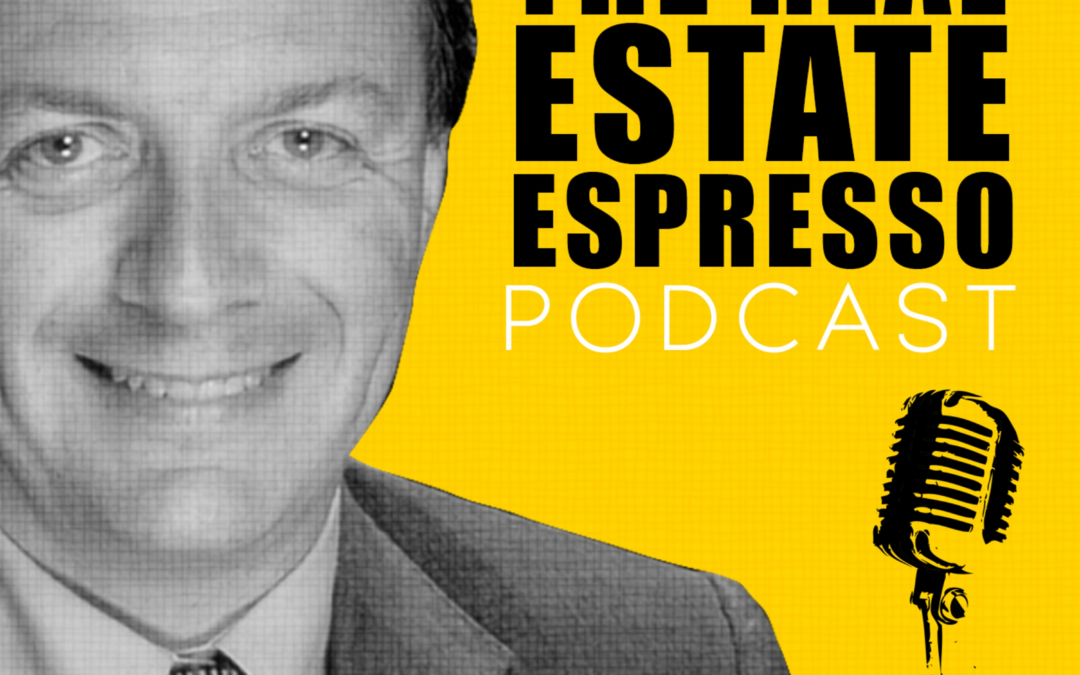One of the most powerful approaches to bring to any analysis is zero based thinking.
Quite simply, it helps eliminate the emotions that often cloud our judgement.
Zero based thinking means going back to the starting point of a decision, but armed with the knowledge and perspective of hindsight.
Knowing what you know now, would you rush out today and purchase those shares of General Electric, or Boeing? Those Boeing shares have fallen in value over 60% so far this year. If you wouldn’t rush out and buy them today, then I guess the question is, why are you holding those shares in your account today?
Oh I see, it’s because you already hold them in your account and you don’t want to crystallize a loss. By holding onto them you remain in the hope that the stock might bounce back. But that’s not investing. That’s speculating, that’s hoping, not investing. A speculator speculates, a gambler gambles, and an investor invests.
So if you wouldn’t rush out and buy those shares today, then why are you still holding onto them? It’s not because the brokerage commission of $5 is holding you back from trading out of the stock and perhaps buying them back at a later time when they actually meet your investment criteria.
The logic of the hold argument is often confounded by the emotion wrapped up in the consequences of the decision, not the decision itself.
Let’s say that you have an offer out on a property and you have passed through your due diligence period. Perhaps your earnest money deposit has gone from refundable to non-refundable. Your lender is no longer offering the same terms as before. The viability of the project is unknown at this point. This is a moment to apply zero based thinking. Applying what you know right now, if you were making the decision all over again to buy that property, would you rush in and buy it?
How do you handle the negotiation with the seller?
The seller doesn’t just want your deposit money. They ultimately wanted to sell the property. A 1% deposit isn’t going to really help them.
You have a few choices.
Would you try and close the deal as planned?
Would you walk away from the deal altogether and forgo your deposit?
Would you renegotiate the terms of the deal?
Delay the closing, but not just by a few weeks. We are talking scheduling a new deal several months out when it becomes clear that the economy will justify the project. The seller may legally be able to argue that the buyer failed to perform. But in truth, the failure to close has nothing to do with the buyer. It’s the result of the market conditions that have clearly changed dramatically in a matter of weeks.
We don’t know if the easing of social restrictions will cause a resurgence of the disease and another lockdown situation in just a few weeks from now. Other places around the world that have attempted to ease restrictions have re-imposed them shortly thereafter.
Here’s what few people are talking about. Government handouts are very easily accepted, and they breed dependence faster than you can say the word paycheck. Those who have laid off employees will be slow to re-hire them. Those who have taken government checks will be equally slow to give them up voluntarily.
If you knew that 25% of the tenants in this apartment building have been laid off and are receiving unemployment benefits, would you buy that building? If you knew that there was going to be a 150 day moratorium on evictions, and rent collections were running at 2/3 of normal, would you buy that building today at the same price?
If the answer is no, then difficult as it might seem, now is the time to renegotiate the deal.



